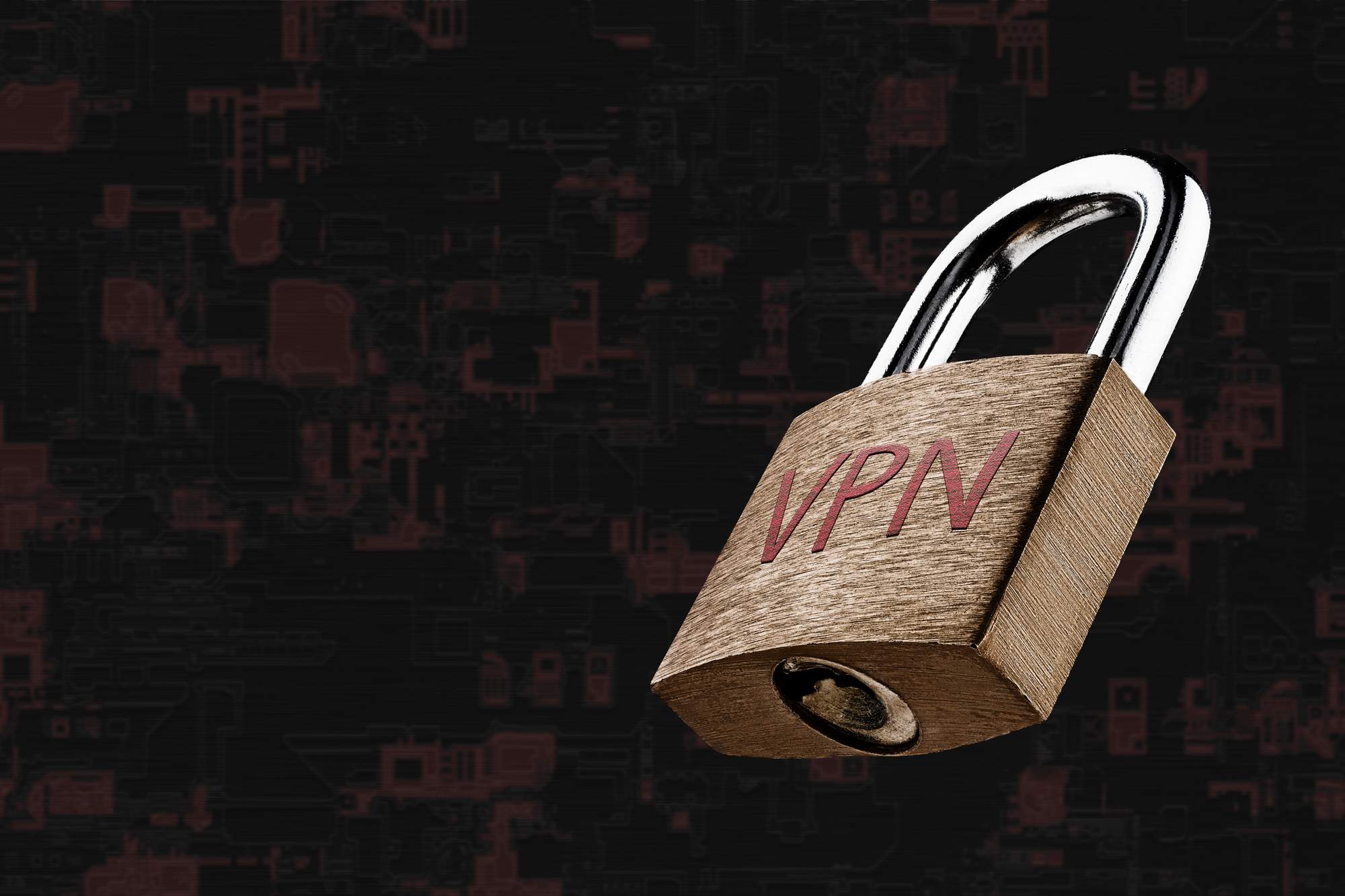
Blog / Mythbusting the VPN Value Proposition
Is investing in a VPN really worth it?
By now most of you have seen the commercials and YouTube videos sponsored by various VPN providers. Now, if you were to believe half of the claims being made, then you might think that VPNs are miracle solutions that address all your security concerns. They most certainly are not. That’s why today we’re going to address three major claims made by VPN marketers and see how they hold up.
- Claim #1: Using a VPN doesn’t slow down your internet connection
- Claim #2: Using a VPN improves your privacy
- Claim #3: VPNs don’t track your browsing history and internet use
Of course, none of this will make much sense if you don’t know what a VPN is to begin with, so let’s address that first. To simplify things a bit (okay, a lot), a VPN is a layer of encryption protecting traffic between two devices so that all anyone watching can see is that your IP is sending encrypted traffic to the other side of the VPN. From outside the VPN “tunnel,” there’s no way to see the contents or know what’s being sent.
Claim #1: Using a VPN doesn’t slow down your internet connection
Many VPNs claim to have no impact on your internet speed but that’s actually impossible, for two reasons. First, internet traffic typically takes the most direct path between destinations. This isn’t necessarily the fastest route already, but usually is. If you add a VPN to the mix your traffic now takes the most direct path to the VPN and then the most direct path between the VPN and your destination. Also, because your traffic gets wrapped in a layer of encryption for the tunnel the amount of traffic your sending actually gets a bit bigger. Since your internet connection didn’t get any faster then sending through a VPN simply must take slightly longer; there’s now way around that. VPNs get away with making the claim because they don’t technically change your speeds or slow down your connection, despite the fact their use does indeed add milliseconds to how long it actually takes to send and receive data.
Claim #2: Using a VPN improves your privacy
When it comes to the second claim, that using a VPN improves your privacy, there’s a little more gray; to be fair, it’s not a complete lie, but it’s also not exactly true either. When you log into a website like Facebook you’re still sending the same user details and credentials, so those can still be tracked. Meta’s logs will show that you logged in from a VPN service’s IP, so you can be tracked back that far at least. Furthermore, many VPN providers actually keep logs of your visits themselves, and all of them are required to comply with lawful orders, so even if they’re no-log provider (which you should be looking for), they can still turn logging, either at their own convenience or when compelled to by law. About the only time your privacy is actually improved by a VPN is when you’re using a network you don’t trust like airport or coffee shop Wi-Fi.
Claim #3: VPNs don’t track your browsing history and internet use
Finally, we come to the claim about your browsing history. To be blunt, this claim is pure fantasy. All a VPN does is change your IP address and encrypt traffic so it can’t be viewed from the outside. Your browsing history isn’t tracked this way, and anyone concerned with your browsing history likely understands that connecting IP addresses change all the time, even if the person/device does not. IP addresses just aren’t that important when it comes to tracking your browsing habits in the first place. In fact, anyone tracking your browsing history looks primarily at secondary information about the browser and the device itself. VPNs offer absolutely no protections against gathering that secondary information.
Don’t get me wrong; VPNs are useful tools and can provide a necessary level of additional security is specific situations and under certain circumstances, particularly when it comes to personally identifiable information and working with medical records (for example). VPNs can bolster security and provide exceptional protection in these situations, but sadly, many vendors seem to sell VPNs as a miracle solution that can fix anything cybersecurity related.
In many ways, these claims mirror the ones made by antivirus software companies back in the 80s and 90s when that industry was in its infancy, so history seems to be repeating itself in some ways. That means learning how VPNs operate and their real-world value is important to using them correctly and not getting swindled into purchasing one if your business doesn’t actually need it. If you’d like more information about VPNs, whether your organization needs one, and what the best product is for your situation, contact a TRINUS security expert today and we’ll be happy to help out.
King Lear is where you can find this week’s Shakespeare quote: “I’ll teach you differences.”
Be kind,
Courtesy your friendly neighbourhood cyber-man

















